The Impact of IoT on Smart Cities: Enhancing Urban Living Through Connectivity
The rise of the Internet of Things (IoT) has ushered in a new era of technological innovation, and one of the domains profoundly influenced by this phenomenon is the concept of smart cities. A smart city is a urban area that utilizes advanced technologies, including IoT devices, to enhance performance, well-being, and reduce costs and resource consumption. The impact of IoT on smart cities is multifaceted, influencing various aspects of urban living through enhanced connectivity.
Connectivity as the Backbone
At the heart of the transformation lies the idea of connectivity. IoT facilitates the interconnection of everyday devices and systems, creating an intricate web of communication. In smart cities, this connectivity is the backbone that enables real-time data collection, analysis, and decision-making. From smart streetlights that adjust their brightness based on the movement of pedestrians to intelligent transportation systems that optimize traffic flow, IoT connectivity serves as the linchpin for a multitude of applications.
Urban Efficiency and Sustainability
One of the primary impacts of IoT on smart cities is the enhancement of urban efficiency and sustainability. With sensors embedded in critical infrastructure, such as energy grids, waste management systems, and water supply networks, cities can monitor and optimize resource usage. This leads to reduced energy consumption, more efficient waste disposal, and sustainable water management practices. The result is a city that is not only more environmentally friendly but also economically viable in the long run.
Improved Public Services
IoT enables the creation of responsive and intelligent public services. For instance, smart parking systems leverage sensor data to guide drivers to available parking spaces, reducing traffic congestion and emissions. Emergency response systems use real-time data to improve the efficiency of first responders. Additionally, smart healthcare services can remotely monitor patients and provide timely interventions, enhancing overall public health outcomes.
Citizen Engagement and Quality of Life
Smart cities leverage IoT to enhance citizen engagement and improve the quality of life. Through mobile applications and connected devices, residents can access real-time information about public transportation, air quality, and other relevant factors. Citizens become active participants in the urban ecosystem, contributing data that city planners can use to make informed decisions. This collaborative approach fosters a sense of community and empowers residents to shape the development of their city.
Economic Growth and Innovation
The deployment of IoT in smart cities catalyzes economic growth and fosters innovation. As cities embrace technology-driven solutions, new businesses and startups emerge to meet the evolving demands of urban living. This not only creates job opportunities but also positions the city as a hub for technological innovation. The development of smart infrastructure attracts investments and establishes a fertile ground for research and development.
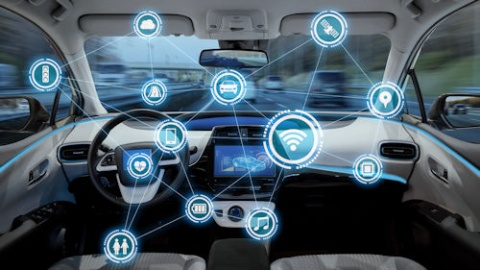
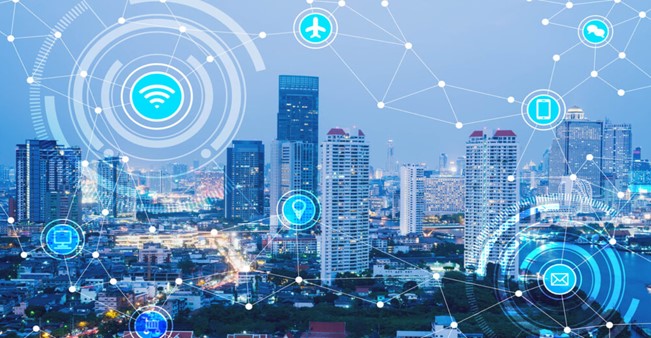

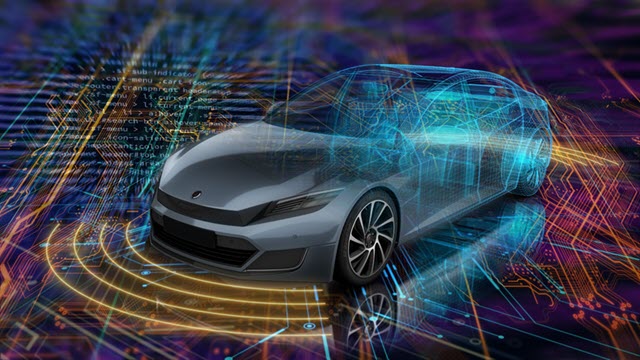
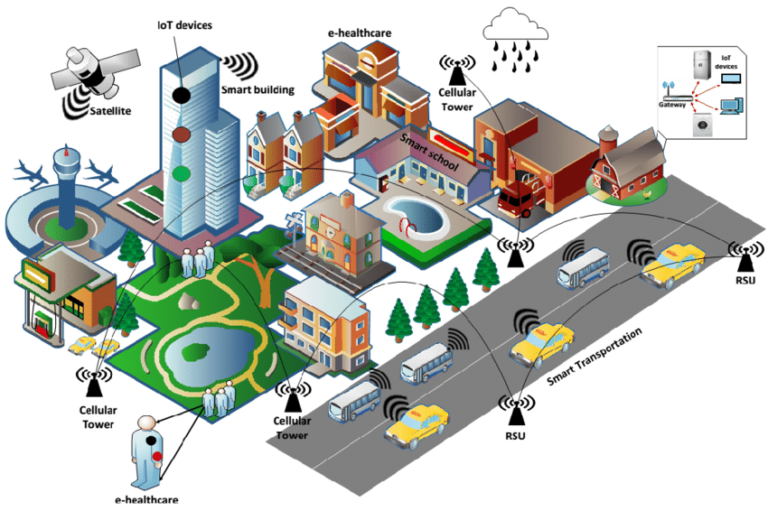
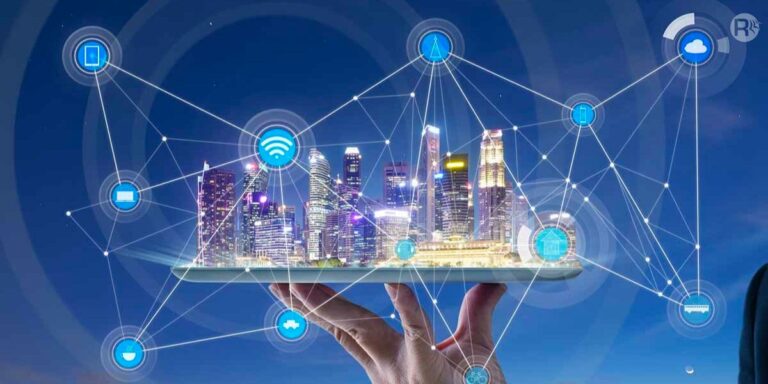
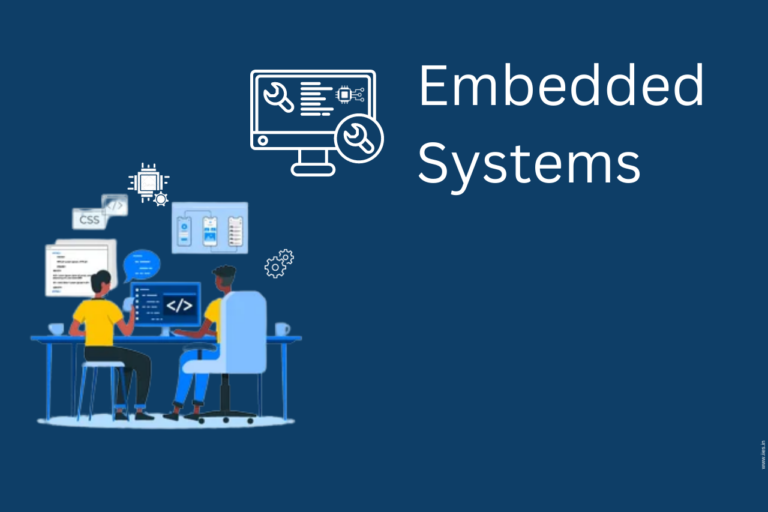
+ There are no comments
Add yours